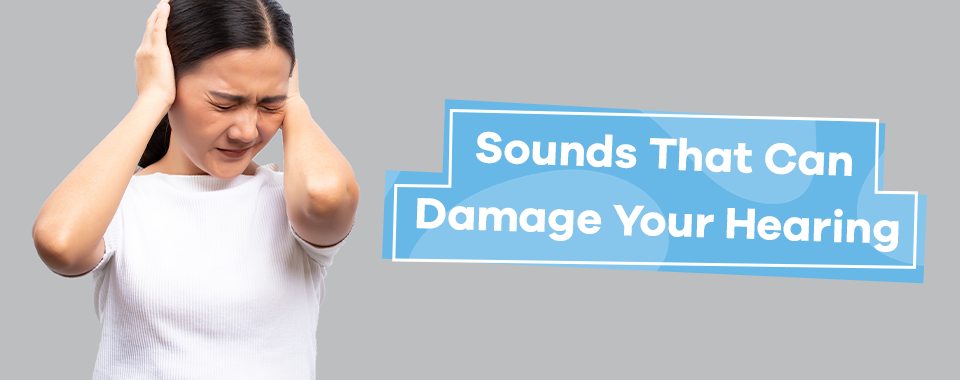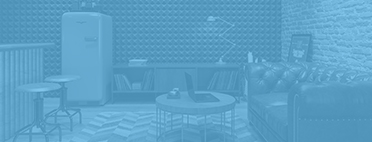
According to the Centers for Disease Control and Prevention, hearing loss is the third most common chronic health condition in the United States. The cause? Exposure to loud noises. Hearing damage is a permanent health condition and warrants the need for precaution and awareness, especially if you find that you’re regularly exposed to sounds proven to damage hearing. In this guide, we’ve compiled a list of what noise levels and sounds damage hearing so that you can do your part in protecting your ears.
What Noise Level Damages Hearing?
A single loud blast — also known as impact noise or impulse noise — that lasts for longer than one second can cause permanent hearing loss immediately. Fireworks and gunfire are some of the most common examples of impact noises.
Impulse noise is measured in dBA, and impulse noise greater than 140 dBA will damage your hearing right away. In addition to impact noises, any sound that is 85 dBA or above can cause noise-induced hearing loss.
To understand the average decibel levels for everyday sounds as well as what noises are considered safe or dangerous, see the list below:
- Impulse noises at 140 dBA and above — not safe for any period: Fireworks at 3 feet, shotguns and firecrackers have a noise level of 150 dBA and should be avoided. Firearms have a dBA of 140 and are also considered unsafe impulse noises.
- Painfully loud noises between 121 and 170 dBA — can cause hearing damage in as little as 30 seconds: Jackhammers, rock concerts, airplane takeoff, loud stereos, balloons popping and police or ambulance sirens are all sounds in this decibel range. Exercise caution when you know you’ll be exposed to these sounds, whether by limiting listening time or by wearing earplugs, earmuffs or both.
- Very loud noises between 101 and 120 dBA — can cause hearing damage in just two hours: Very loud sounds that can damage your hearing include a baby crying, squeaky toys, chainsaws, the subway, snowblowers, leaf blowers, live sporting events, headphones turned to maximum volume and the sound caused by a passing motorcycle.
- Loud noises between 85 and 100 dBA — can cause hearing damage within eight or more hours: Sounds that can damage your hearing in this range include lawn mowers, handsaws, heavy traffic, garbage disposals, vacuum cleaners, noisy restaurants, blenders, hairdryers and factory machinery.
7 Everyday Sounds That Can Damage Hearing
Seven of the most common sounds that can damage your hearing include:
- Vacuum cleaners
- Heavy traffic and car horns
- Handsaws
- Lawn mowers
- Noisy restaurants
- Blenders and food processors
- Subways
Purchase Soundproofing Products Today
It’s true — a wide variety of sounds can damage your hearing, and some of them may be noises you’re exposed to every day. The good news is that you can take several steps to minimize high noise levels in your home.
Besides using noise-canceling headphones and being mindful of the volume at which you and other household members listen to music or television, you can go a step further and invest in products to soundproof your home or business.
At Soundproof Cow, we provide top-quality, highly effective soundproofing materials to meet your specific noise-dampening needs. Whether you’re a homemaker or acoustic engineer, our team of acoustic experts will discuss soundproofing solutions with you and guide you every step of the way to ensure that every acoustic issue at hand is fully understood and solved.
Contact Soundproof Cow for noise-canceling solutions today.






